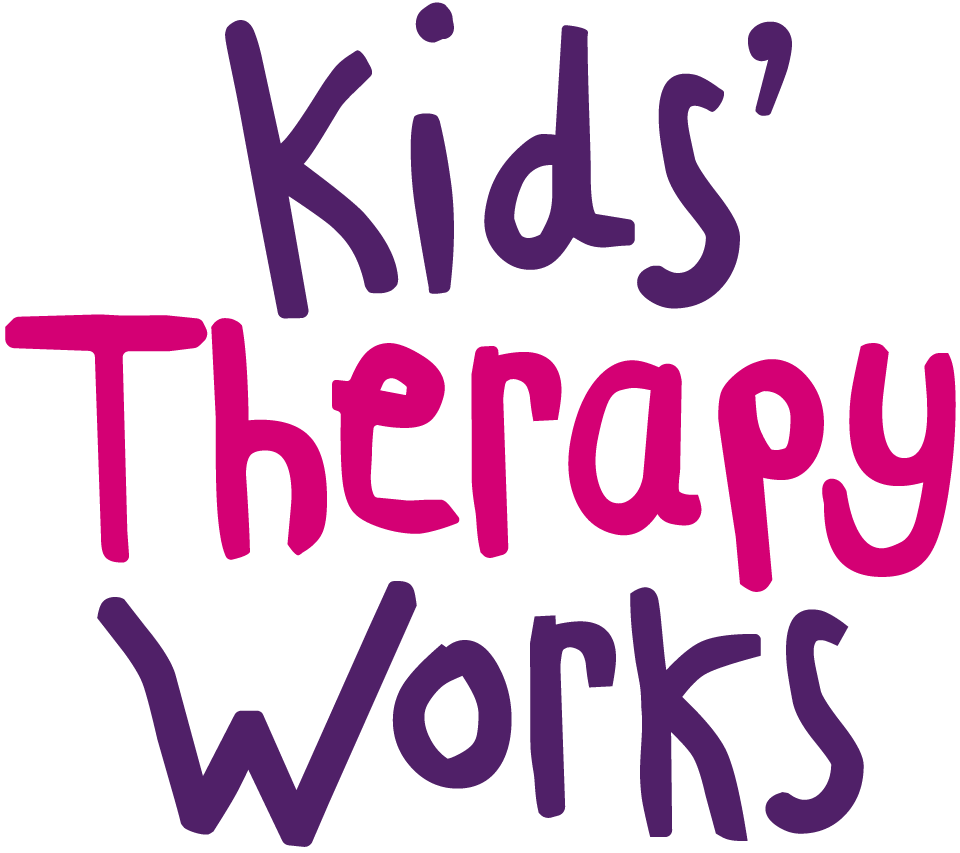Paediatric Strength Training
Building stronger, more independent children
Strength training is an excellent way to develop and build muscle to increase stability for functional movements and independence. At Kids' Therapy Works, our specialist paediatric physiotherapists design safe, age-appropriate strength training programmes that help children with various conditions develop the physical strength they need for daily activities, improved mobility, and greater confidence.
What is Paediatric Strength Training?
Strength training for children involves structured exercises and activities designed to improve muscle strength, power, and endurance. At KTW, strength training can be completed with the child's bodyweight or additional equipment such as medicine balls, resistance bands, or specialised equipment within our Spider Cage.
Unlike adult strength training focused on muscle mass, children's programmes emphasise movement quality, functional strength, and enjoyment whilst ensuring safety through developmentally appropriate techniques. Every programme is carefully tailored to each child's age, ability, medical condition, and personal goals.
Who Can Benefit from Strength Training?
Anyone can benefit from strength training, particularly children who experience weakness leading to difficulties when completing functional tasks, such as walking. Strength training also has a positive impact on spasticity and posture.
Specific Conditions We Support:
Neurological Conditions:
Cerebral Palsy - improving functional strength for mobility and independence
Muscular Dystrophy - maintaining strength and slowing decline where appropriate
Acquired Brain Injuries - rebuilding strength and retraining movement patterns
Spina Bifida - maintain and build strength for daily living
Developmental Challenges:
Developmental Delays - building foundational strength for motor milestones
Hypermobility Syndrome - developing muscular support around joints
Global Developmental Delay - supporting overall physical development
Coordination Difficulties - improving strength for better movement control
Physical Rehabilitation:
Post-surgical recovery - rebuilding strength after procedures
Sports injuries - safe return to activity programmes
Fracture rehabilitation - restoring function and preventing re-injury
Our Strength Training Approaches
Equipment and Methods
Bodyweight Training:
Age-appropriate exercises using the child's own resistance
Functional movements that translate to daily activities
Progressive difficulty levels as strength improves
Play-based activities making exercise enjoyable
Additional Equipment:
Medicine balls - building power and coordination
Resistance bands - providing controlled resistance for all abilities
Spider Cage equipment - advanced suspension and resistance training
Balance tools - combining strength with stability training
Age-Appropriate Programming
Younger Children (2-8 years):
Play-based strengthening through games and obstacle courses
Animal movements (bear walks, frog jumps, crab crawls)
Playground-style activities adapted for strength building
Parent-child activities for home continuation
Older Children and Adolescents (9-18 years):
Progressive resistance training using appropriate equipment
Sport-specific strength development
Functional movement patterns for daily life
Independence training for long-term fitness habits
Benefits of Our Strength Training Programmes
Physical Improvements
Enhanced muscle strength and power for daily activities
Improved stability and balance reducing fall risk
Better posture and alignment supporting spinal health, benefitting hips and shoulders
Increased endurance for sustained activities
Reduced spasticity in children with neurological conditions
Functional Benefits
Greater independence in daily living activities
Improved mobility and walking ability
Better sports participation and playground activities
Enhanced ability to use assistive equipment when needed
Reduced fatigue during everyday tasks
Psychological Benefits
Improved confidence and self-esteem
Better body awareness and movement quality
Enhanced motivation for physical activity
Reduced anxiety about physical challenges
Greater willingness to try new activities
Safety in Paediatric Strength Training
Our qualified paediatric physiotherapists ensure all strength training is:
Medically appropriate for each child's condition
Age and ability appropriate with proper progression
Closely supervised with qualified professionals
Evidence-based following current research guidelines
Family-supported with home programme education
Integration with Other Therapies
Our strength training programmes work seamlessly with:
Hydrotherapy - using water resistance for additional strengthening
Occupational Therapy - building strength for fine motor and daily living skills
Gait training - improving walking patterns through targeted strengthening
Equipment training - building strength to use mobility aids effectively
Getting Started
Our strength training assessment includes:
Medical history review and goal setting
Current strength evaluation using age-appropriate testing
Movement quality assessment identifying areas for improvement
Programme design tailored to individual needs and interests
Safety instruction and home exercise education
Contact Us
Ready to help your child build strength, stability, and independence?
Phone: 01206 212 849
Email: info@kidstherapy.works
Locations: Copford, Stanway & Brentwood
Our experienced paediatric physiotherapists will design a safe, effective, and enjoyable strength training programme tailored to your child's specific needs and goals.

